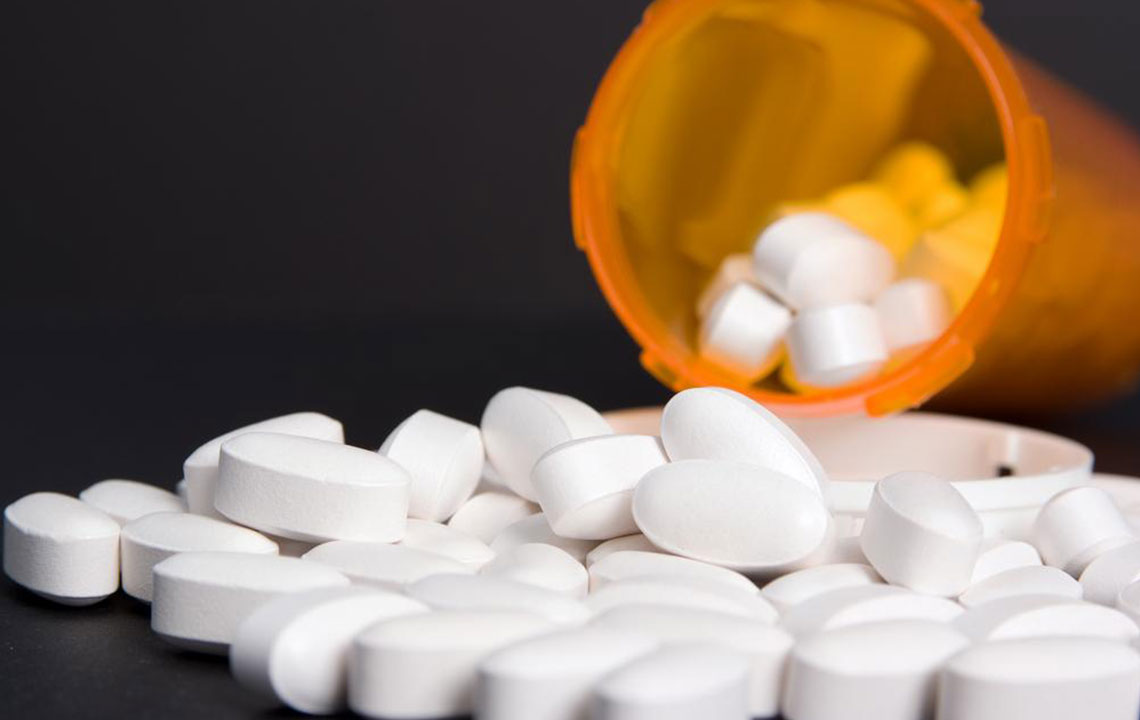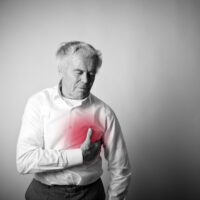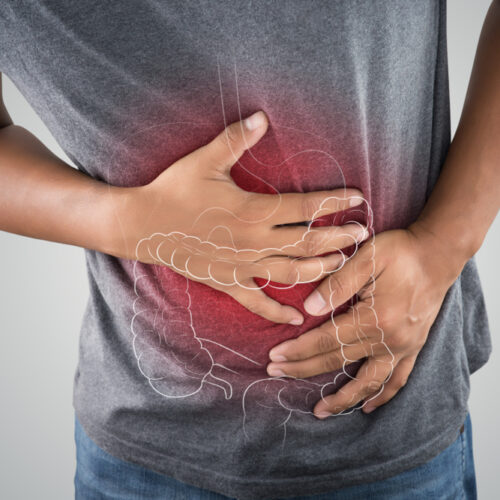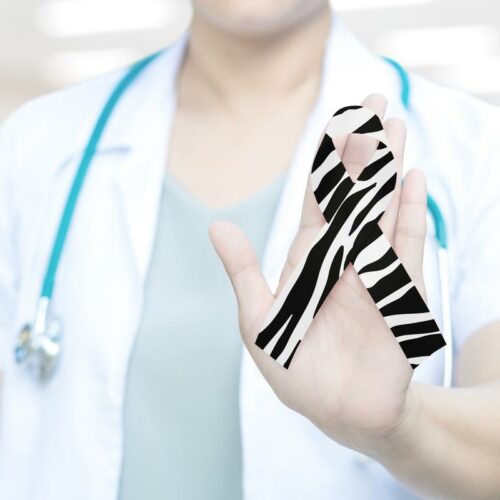Managing Opioid Overdose with Naloxone
An opioid is a class of drugs that include pain relievers such as hydrocodone, fentanyl, tramadol, and oxycodone, and recreational (illegal) drugs such as heroin. Opioids are also referred to as narcotics. Health care personnel administer very small amounts of opioid as a pain reliever in case of a serious injury or a major surgery.

Prescription-based opioids are generally safe if taken for a short period of time. It can turn into addiction or dependency if taken for a longer time or misused by mixing them with another illegal or recreational drug. Opioids affect breathing. People on high doses of the drug can have slower breathing, which can even be fatal. A recent study revealed that more than 30,000 deaths were recorded in our country (and around 70,000 deaths around the world) due to an overdose of opioids present in pain relievers and heroin.
One of the treatment approaches to counter opioid overdose could be administering naloxone. Opioid overdose reversal with naloxone is usually used by doctors to flush the opioids from the body. Naloxone is a medication that reverses the overdose effects of the drug. It is an antagonist that binds the opioid receptors in the brain, blocking the effects of other opioids. It restores normal respiration in case it has slowed or stopped completely due to an overdose of opioids present in pain relievers and illegal drugs.
Administering naloxone- FDA approves three types of formulation for opioid overdose reversal with Naloxone:
- Auto injectables : These are pre-refilled (auto injectable) devices that make it easy for emergency medical personnel and families to inject the medication efficiently into the thigh. Much like auto defibrillators, the device provides verbal assistance to the user, describing how to administer the medication.
- Injectables : These require professional training, as these injectables come in emergency kits containing naloxone atomizers administering the medicine intranasally. The emergency kits need to be used carefully as they require assembly. When looking for FDA-approved naloxone atomizers, ensure that the emergency kits have “injectables” written on them.
- Prepackaged nasal spray – These contain naloxone medication that is prefilled. It is a needle-free device that does not require any assembly. It can be directly sprayed into the nostril while the patient lays on their back. Prepackaged sprays contain two doses in case of a heavier overdose.
Some states in our country require a physician’s opinion for opioid overdose reversal with naloxone, whereas others distribute the medication without having to consult a physician. The dosage for administering naloxone for opioid overdose reversal depends on the extent of addiction and dependency on the drug. Sometimes, more than one dose might be needed to regulate the breathing. So, it is important to consult a physician or read the instructions on the emergency medical kit (containing naloxone) before administering it to the patient.
It might not be necessary that opioid overdose is the result of mixing and misusing recreational and illegal drugs. One can also be at a risk of overdose if they are getting MAT (Medication-assisted treatment), which is a treatment for opioid overdose or addiction.
Precautions and side effects : People administered with naloxone need to be kept under observation for at least two hours in the presence of medical personnel to make sure that their breathing does not stop or slow down.
Treating opioid overdose by reversing its effects with naloxone is a safe option as it might have little or no side effects. However, as the medication takes its course, the patient might experience uncomfortable side effects. Some side effects include nervousness, anxiety, irritability, body aches, dizziness, physical weakness, diarrhea, fever, and changes in blood pressure, heart rate, and breathing.
If the patient receives a dose of naloxone through an injection and experiences an allergic reaction, it could involve allergic reaction such as pain or a burning sensation at the injection site, hot flashes, sweating, or redness around the injection site. Other allergic signs relating to a reaction against naloxone include hives, swelling of the face, and difficulty in breathing.
Impact of naloxone on controlling the opioid epidemic : Apart from six states, many states of our country have approved good Samaritan laws for Naloxone. A total of 37 states allow treating opioid overdose by reversing it with naloxone, prescribing it to caregivers, family members, or friends of people suffering from opioid addiction.
There are a group of people who believe that wider use of naloxone might lead to abusing the drug. A medical survey confirmed that at least 800 lives were saved by emergency responders by using naloxone. They also confirmed that around 80 percent of the lives saved from opioid overdose across the country involved the person (emergency responder, friend, or a family member) on the scene.
Naloxone can be used as a stopgap for a person suffering from an opioid overdose as it gives more time to get help from a medical facility. Hence, it is important to have an easy access to the medication to help people overcome their addiction to opioids.











